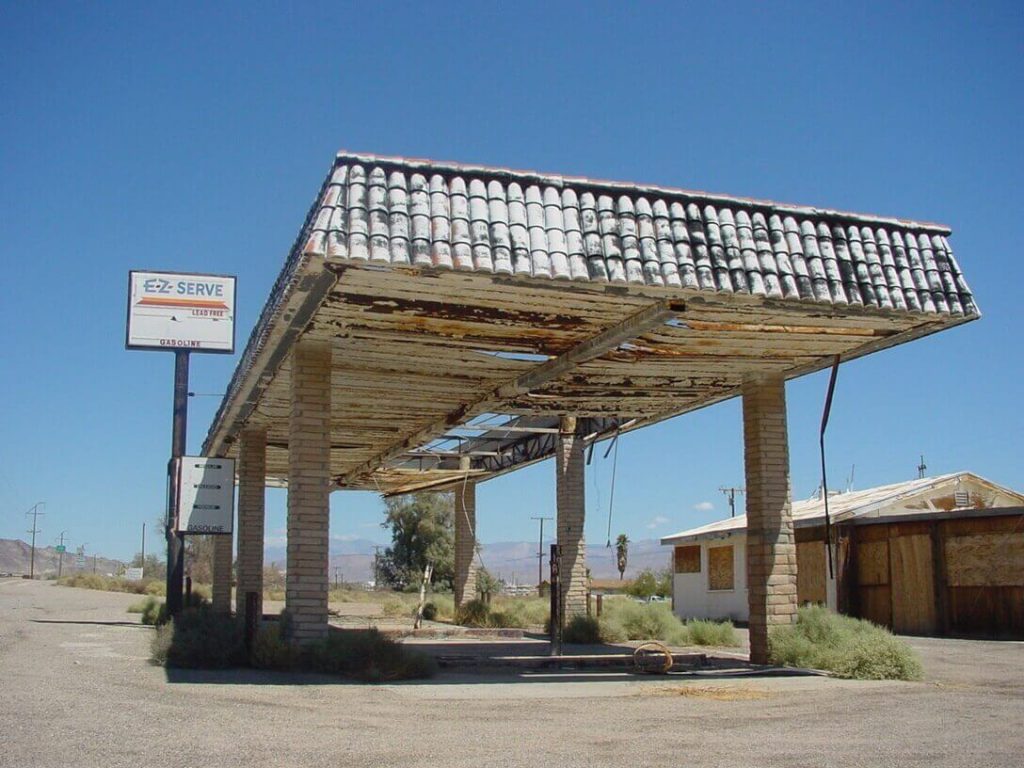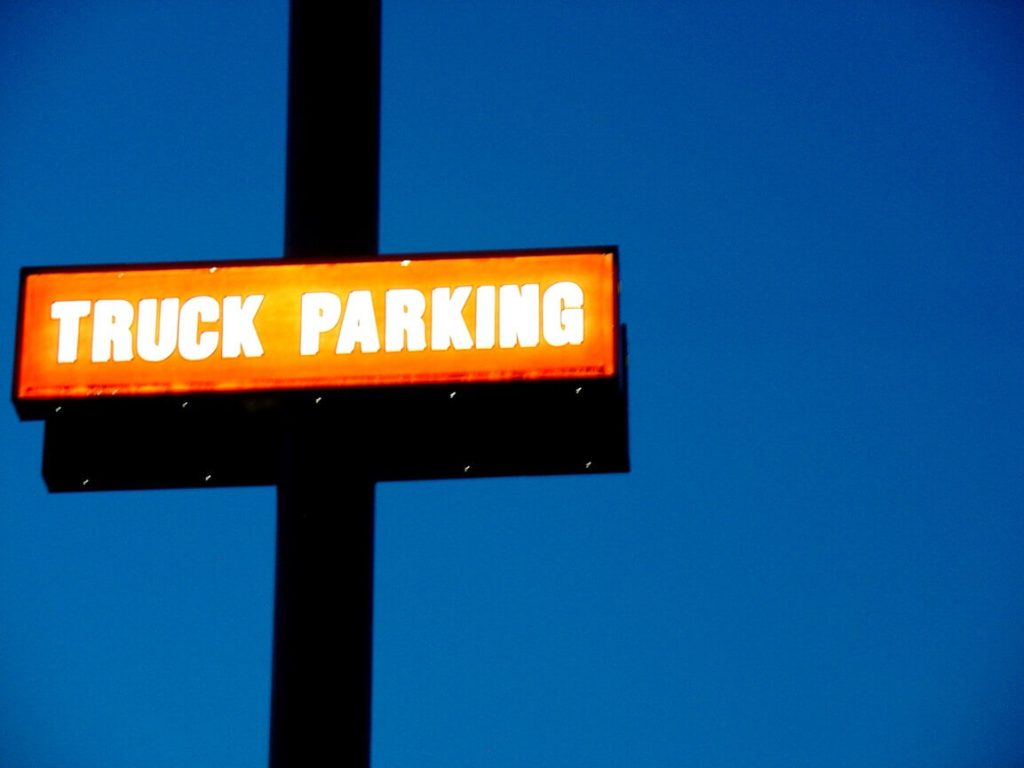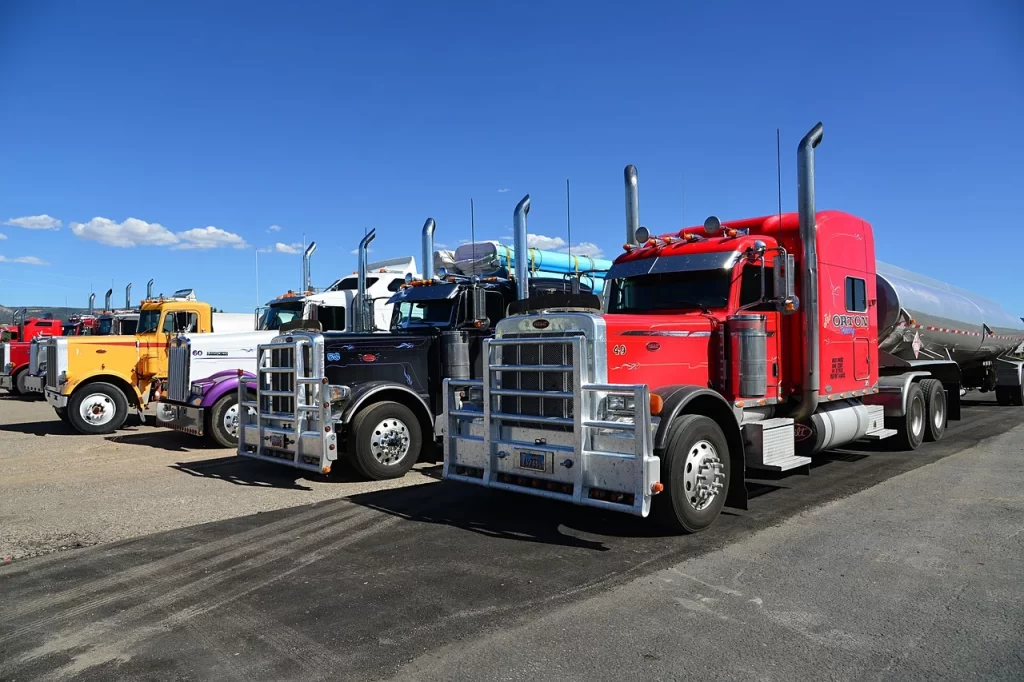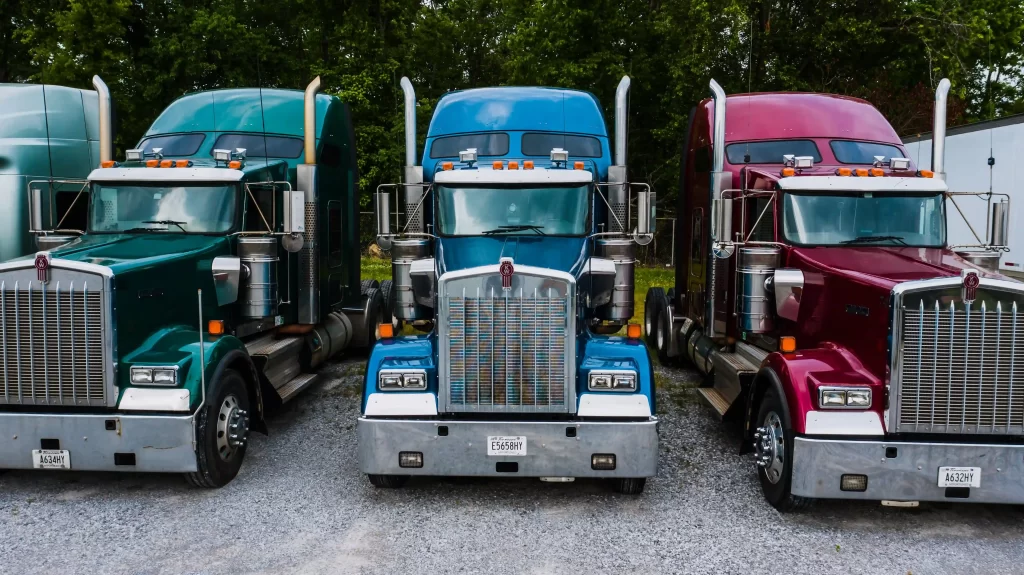
Imagine visiting a grocery store for your weekly shop. Faced with an empty cart bay, an attendant springs into view, cheerfully informing you that grocery stores everywhere now have one cart available per ten customers. With eight people waiting ahead of you, it could be a long evening.
That would be preposterous, wouldn’t it.
Let’s further imagine your kids returning home from school complaining of aching feet because each class provides one chair for every ten students. The other nine must stand around all day, hoping for a vacant chair to appear.
You would be enraged, wouldn’t you.
If you find neither of those scenarios ridiculous enough, let’s try this: Imagine one truck parking space for every ten trucks in America. This would equate to potentially nine truck drivers without a parking space for every single truck driver who has one.
It turns out you need not imagine – because this final scenario is real.
More specifically, just under 350,000 truck parking spaces accommodate 3.5 million trucks on our nation’s roads. Drivers waste hours each week looking for designated truck parking spaces, burning fuel needlessly while doing so, often resorting to hazardous off-ramps, abandoned gas stations, or unwelcoming Walmarts (among others) for their legally required rest stop.
The issue is causing real problems in the trucking industry, danger on our highways, and, in the case of Mr. Jason Rivenburg, profound tragedy.
Jason Rivenburg
We will never know what kind of day Jason expected to have on March 5, 2009, but we can confidently assume he didn’t foresee his life being taken while resting in his truck at a deserted gas station after a tough day on the busy roads.
Jason was one of the statistical nine out of ten who, presumably, couldn’t find a truck parking space along his route. Either that, or he was unwilling to waste expensive fuel and precious time looking for one, knowing they are so elusive. Again, sadly, we will never know.
What we do know is that Jason was ahead of schedule that day, and his final destination would not receive him until the appointed drop time. They also wouldn’t allow trucks to park and wait on their property. In limbo and starved of adequate truck parking options, he chose to rest at the lonely confines of a gas station 12 miles from his drop.
There, he would run into Wille Pelzer. Or rather, Wille Pelzer would run into him. Loitering ominously outside a convenience store, looking for someone to rob, Pelzer noticed the truck parking in the gas station. Recognizing a potential victim, he approached, snaked his way under the greasy belly of the huge truck, and waited. Eventually, he crawled out, climbed onto the cab, and shot the 35-year-old husband and father in the head with a .45 caliber.
Pelzer’s ‘reward’ for creating a young widow and leaving three children fatherless was the paltry sum of seven dollars, taken from the dashboard.
Jason’s Law
In the wake of Jason’s tragic murder, his widow, Hope Rivenburg, became an advocate for change, leading to the proposal of Jason’s Law. But this wasn’t a knee-jerk gesture born out of grief. Through Jason’s passing, she learned of the industry’s truck parking issues and committed herself to effect change. This remarkable person campaigned through her grief doggedly, diligently, and without respite to force actual legislation. She was successful in her endeavors.
Aimed to address the critical shortage of safe truck parking spaces across the United States, Jason’s Law (officially part of the Moving Ahead for Progress in the 21st Century Act) was enacted in 2012. The act provided federal funding for creating and expanding parking facilities for commercial motor vehicles, aiming to make highways safer for truck drivers who, like Jason, often found themselves in vulnerable situations due to inadequate parking options.
But while Hope must be applauded for forcing change, the federal government must do far more. With a record number of truckers on the road and a still woefully underserved truck parking infrastructure, there is an urgent, almost desperate need for increased investment.
The Problem Continues

Truckers are the backbone of our supply chain — the lifeblood of commerce, keeping everything stitched together. Without them, the country would simply grind to a halt. With that in mind, you would assume truckers are afforded adequate parking so they can adhere to the various regulations relating to driver hours and rest breaks.
They aren’t. Truck stops and rest areas are scarce and mostly full by late afternoons, which is a problem for two reasons. Firstly, an exhausted trucker is not a safe trucker, and secondly, regulations state that drivers must take a mandatory 10-hour rest after 11 hours of driving within a 14-hour workday.
Without a sufficient number of designated truck parking spaces nationwide, their options are few. Gas stations. Exit ramps. Dark underpasses. Dangerous urban areas. None of the alternatives are legitimately secure, and as such, there has been a rise in the number of crimes and attacks against truck drivers of late.
A Neglected Industry
This happens in no other industry. Pilots, for example, are legally required to take a lengthy break following a long flight. Upon landing at a remote destination, they are not directed toward the nearest park bench to seek rest. Of course not. They are directed toward the nearest hotel, where they can sleep before resuming their job: a job that could be tragic beyond words if a pilot is not suitably rested.
It may sound like a far-reaching comparison, and we certainly do not wish to be flippant, but an abandoned gas station or sinister underpass is nothing more than a metaphorical park bench, and our nation’s truck drivers deserve better. We are not suggesting they are given the president suite at the local Marriot after each shift – but an abundance of well-maintained truck stops is surely not too much to ask.
Final Thoughts
Jason’s story clearly demonstrates the need for better parking arrangements in our community, and while measures are being taken to improve the situation, more needs to be done. Whichever way you look at it, the awful truth is this: If the transport industry were blessed with adequate parking spaces, Jason might still be alive today.
In the meantime, Truck Parking Club will continue striving for truck drivers everywhere to have more convenient places to park. No one should have to resort to abandoned gas stations, exit ramps, and dangerous urban areas. At Truck Parking Club, we believe there should be room for everyone.
Register Now
If you are a truck driver and haven’t yet tried Truck Parking Club, just know we are here if you need us. Through our vast network of private commercial landowners, truckers can choose convenient, spacious, designated parking over less-than-ideal alternatives.
The registration process is simple, and our parking app is incredibly user-friendly. Whether planning ahead or needing a spot right now, just browse for a truck parking space, book, and relax.
The information published herein is for general informational purposes only. Truck Parking Club does not make any representations or warranties about the completeness, reliability, legality, and accuracy of this information. Any reliance placed on such material is strictly at the user’s own risk. Truck Parking Club shall not be responsible for any losses or damages incurred in connection with the information published herein.





